
FABRIC GUIDE
Derived from alpacas, the material is soft, smooth and durable. Alpaca wool is also biodegradable, but what matters most is the treatment of these animals. Some certifications alpaca wool is regulated by are RWS, Woolmark, and Climate Beneficial.
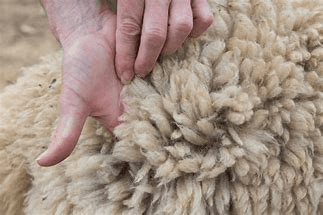
1. Alpaca Wool
Derived from alpacas, the material is soft, smooth and durable. Alpaca wool is also biodegradable, but what matters most is the treatment of these animals. Some certifications alpaca wool is regulated by are RWS, Woolmark, and Climate Beneficial.

2. Apple Leather
Apple leather is made from leftover apple pomace and peels from the juice industry. Because it is created using waste, it is considered a biomaterial.
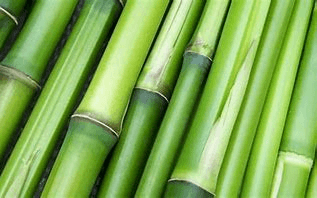
3. Bamboo
Bamboo is an eco-friendly material that is soft and hypoallergenic. Brands like Coyuchi and YALA use them for their apparel and bedding, making it a comfortable fabric to wear and use.
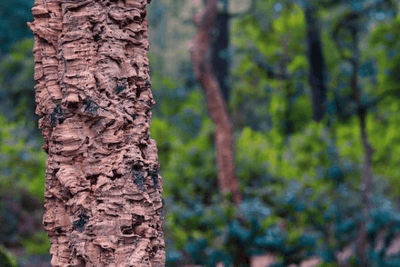
4. Cork
Cork is a vegan fabric made from the bark of cork oak trees. It’s given the FSC certification.
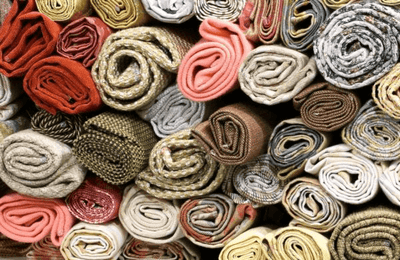
5. Deadstock
Using leftover fabrics, deadstock can be used to make all sorts of clothing from dresses to accessories like socks. To ensure its quality and material, it’s given certifications such as GRS, RCS, OEKO-TEX, and bluesign.
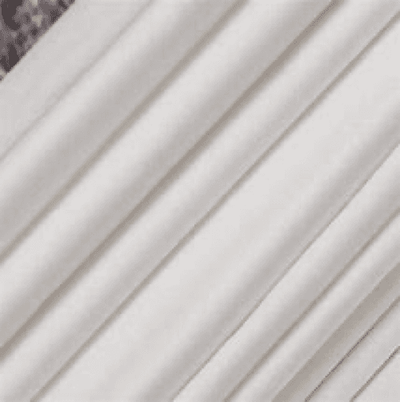
6. Down
Down is made from the down feathers of geese and ducks, which is best used for apparel and bedding products. It is given the certifications RDS and the Global Traceable Down Standard.
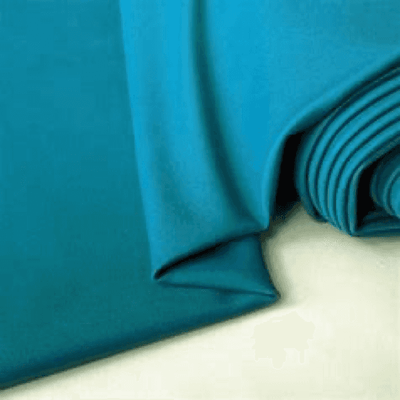
7. Econyl
ECONYL is regenerative nylon fabric made from post-consumer materials. It is given the GRS, RCS, OEKO-TEX, and bluesign certifications.
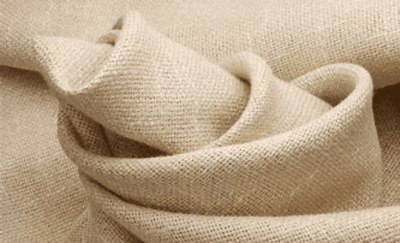
8. Hemp
Hemp is a natural and vegan fabric made from hemp plant fibers. It is given the USDA-Certified Organic certification.
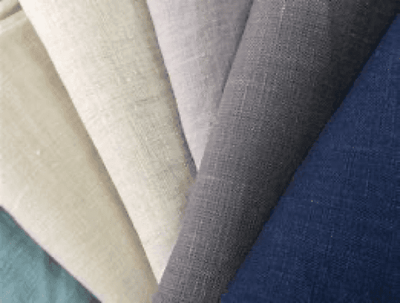
9. Linen
Linen is derived from a flax planet, and makes for an absorbent and durable fabric. It is given the USDA-Certified Organic, GOTS, and OCS certifications.
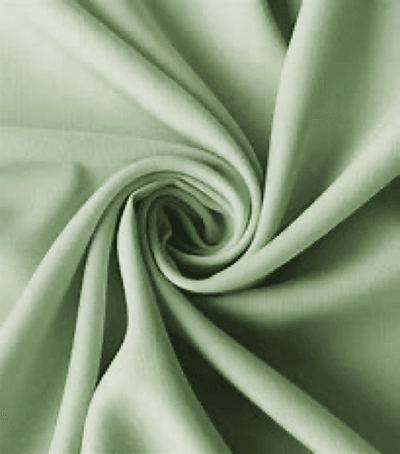
10. Lyocell
Normally used as a substitute for cotton or silk, Lyocell (or TENCEL) is a form of rayon composed of cellulose derived from wood. It is given the FSC, OEKO-TEX, and bluesign certifications.
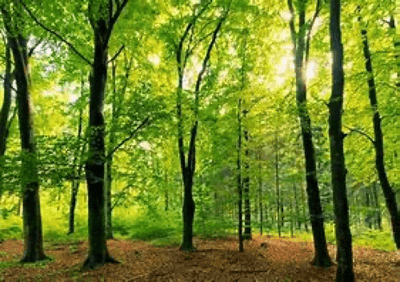
11. Modal
Modal is made from beech trees, using less water in the production process. It is given the FSC, OEKO-TEX, and bluesign certifications.
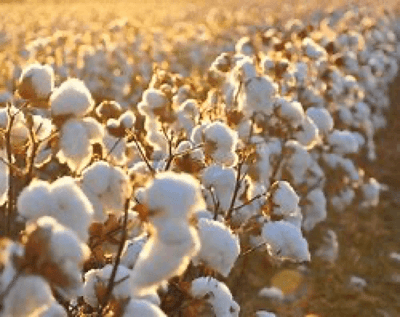
12. Organic Cotton
Organic Cotton is grown without pesticides and synthetic fertilizers processed without chemicals. This process uses less energy and water. It is given the USDA-Certified Organic, GOTS, OCS, BCI, and bluesign certifications.
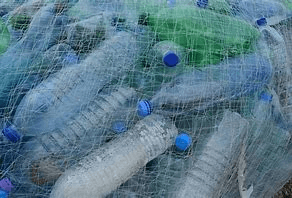
13. Recycled Polyester
Recycled Polyester, also known as rPET, is often made from recycled plastic water bottles, minimizing the amount of plastic waste in the environment. It is given the GRS, RCS, OEKO-TEX, and bluesign certifications.

14. Recycled Cotton
Recycled Cotton can be made from pre or post consumer fabric. As opposed to organic and conventional cotton, recycled cotton is more environmentally friendly, reducing water consumption and CO2 emissions. It is given the GRS, RCS, OEKO-TEX, and bluesign certifications.
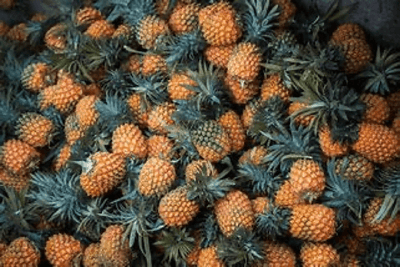
15. Piñatex
Piñatex is made from scrap pineapple leaves.



